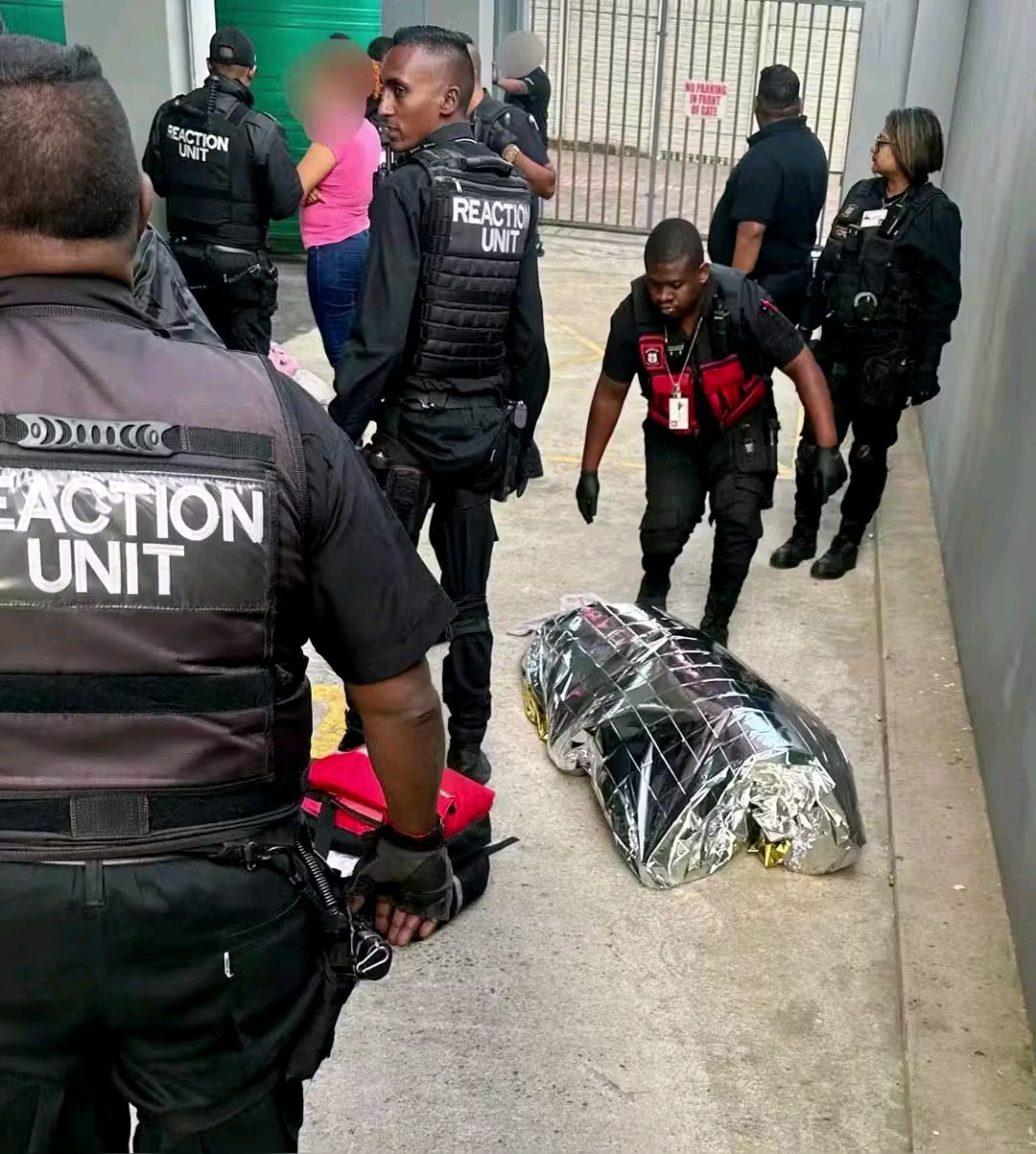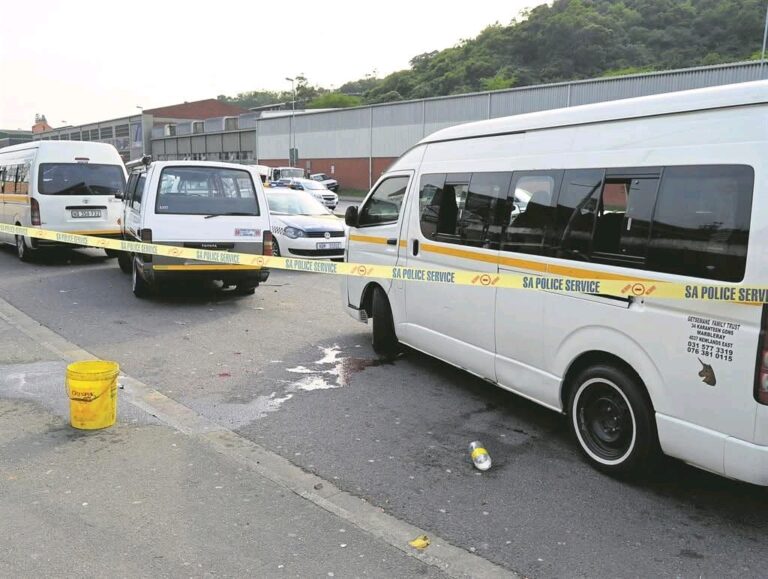
Verulam, KwaZulu-Natal – A heartbreaking tragedy unfolded on Tuesday afternoon when an 18-year-old autistic teenager jumped from the third floor of his family’s apartment, ending his life. The incident occurred at a residential complex in Verulam, north of Durban.
Reaction Unit South Africa (RUSA) received a distress call just before 15:45 requesting immediate medical assistance. Their paramedics and response team rushed to the scene, where they discovered the young man lying critically injured on a driveway leading to the building’s basement parking area.
Despite their best efforts, the teenager’s injuries were too severe. He was declared dead at the scene.
According to authorities, the young man had recently been discharged from King George Hospital on Monday, where he had been admitted for two weeks. Details about his treatment at the hospital have not been made public, but family members said he had been struggling emotionally and mentally.
On the day of the incident, the teen was at home with his mother while his stepfather was at work. The mother told officials that her son had said he was going to the toilet. A few minutes later, when she received no response after calling out to him, she went looking and found the sliding door to the balcony open. That’s when she saw his lifeless body below and raised the alarm.
In a troubling revelation, paramedics noticed old, healed whip marks on the teenager’s abdomen during their examination. This raised concerns about possible past abuse. The stepfather later confirmed that the boy had previously lived with relatives in Maphumulo, KwaZulu-Natal. He disclosed that the teenager had been subjected to physical punishment, likely due to a lack of understanding of his autism.
This tragic case has once again highlighted the challenges faced by families raising children with autism, particularly in communities where mental health and neurodevelopmental conditions remain misunderstood or stigmatized. Experts have long warned that without proper support, awareness, and intervention, autistic individuals may suffer in silence and, in extreme cases, resort to drastic measures.
Local residents and members of the Verulam community expressed shock and sorrow over the incident. Many have called for better mental health services and education, especially for families dealing with special needs children.
Authorities are currently investigating the circumstances surrounding the incident, including the possibility of previous abuse and whether it may have contributed to the teen’s emotional state. Social workers are expected to provide support to the family and look into the reported past mistreatment.
As the investigation continues, this tragedy serves as a painful reminder of the urgent need for inclusive healthcare, mental health education, and community awareness to protect vulnerable individuals—especially those who may not be able to fully express their suffering.
The name of the deceased has not yet been released, pending further investigation and family notification.




